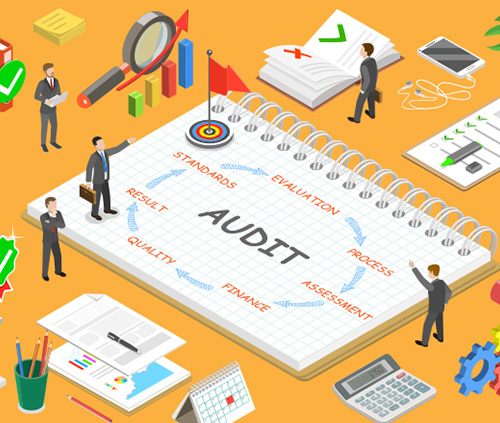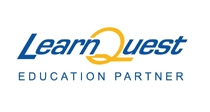Auditing and Governance, Risk & Compliance
Essentials of Internal Audit
Why Attend
As defined by the Institute of Internal Auditors, "Internal Auditing is an independent, objective assurance and consulting activity designed to add value and improve an organization's operations. It helps an organization accomplish its objectives by bringing a systematic, disciplined approach to evaluate and improve the effectiveness of risk management, control and governance processes."
Changes in the regulatory and corporate governance environment have significantly increased the expectations that many stakeholders place on the internal audit function. 'Essentials of Internal Audit' guides internal auditors through the required standards for performing the internal audit. It covers up-to-date tips and tools to accomplish the audit in an efficient, flexible, and results-based manner in order to support the organization's strategic objectives, improve its sustainability and leverage its ability to face future challenges
Course Methodology
The course uses a mix of interactive techniques, such as brief presentations by the consultant, case studies, live demonstration of sampling methodologies and group exercises to apply the knowledge acquired throughout the course.
Course Objectives
By the end of the course, participants will be able to:- Define internal audit, its scope and function within the company
- List the internal audit standards constituting the framework of the internal audit activity
- Distinguish the types of internal audit assignments related to operational, compliance or financial internal audit
- Describe the internal audit fieldwork guidelines and apply techniques for risk identification, controls identification and controls testing
- Select the appropriate internal audit test tools and list the advantages and disadvantages of each
- Identify best sampling techniques in an internal audit assignment in terms of sample size or sample selection
- Recognize fraud and express internal auditor’s responsibility upon fraud detection
Target Audience
Delegates with some experience in auditing, junior auditors or professionals from finance or other departments looking to develop a focused and best practices approach and techniques to the internal audit function, and supervisors and managers who are interested in updating, upgrading, and refreshing their knowledge in internal audit.
Target Competencies
- Risk based audit planning
- Evaluating an internal audit function
- Risks identification
- Identifying and designing controls
- Sampling
- Fraud assessment

Course Outline
-
Risk and internal audit overview
- Definition of risk
- Types of risk in an organization
- Functions of management: planning, organizing, implementing and controlling
- Defining internal audit
- Internal audit as a function of corporate governance
- Scope and building blocks of corporate governance
- Reasons to have an internal audit function
- Distinguishing internal from external auditing
- Scope of internal auditing: the internal audit charter
- Staffing the internal audit function
- Role of audit committee
- Internal audit standards
- Attribute standards
- Performance standards
- Types of internal auditing
- Performance auditing
- Operational auditing
- Financial auditing: accounting cycles audited by the internal audit function
- Compliance auditing
- 20 questions directors should ask about the internal audit function
- Internal audit implementation: fieldwork guidelines
- Information gathered by internal auditors
- 4 qualities of information
- Sources and nature of information
- Assessing the degree of persuasiveness
- Types of engagement procedures
- 15 internal audit test tools
- Observation
- Interviewing: a disliked technique
- Interviewing skills: how to run a successful interview
- Role play: internal auditor in action
- Examining records
- Verification and confirmations
- Vouching and tracing
- Re-performing
- Internal audit working papers
- Best practices for managing working papers
- Retention policies
- Communicating fieldwork results and recommendations
- Legal considerations for communicating results
- 4 attributes of an observation or recommendation
- Disseminating results and exit meetings
- Information gathered by internal auditors
- The fieldwork: risk-based auditing
- Defining management assertions
- Risk assessment process
- Reason for risk based audit planning
- Evaluating risks
- Techniques to identify the auditable units
- Criteria for selecting auditable units
- Scoring and weighing risks
- Prioritizing risk and developing audit plan
- Methods to generate list of risks
- Identifying entity level controls to mitigate risks
- Broad definition for types of controls
- Essential components of effective internal control system: 'COSO' model
- Criteria for unsatisfactory rating for control components
- Methods to generate list of controls
- Insights on flowcharting for understanding cycles and controls
- Testing of internal controls
- Design and implementation of an internal control
- Operating effectiveness of an internal control
- Tips and tools for audit sampling
- Fraud
- Definition and characteristics of fraud
- Internal auditor’s role in a fraud case
REQUEST CALL BACK
Would you like to speak to one of our consulting advisers over the phone? Just submit your details and we’ll be in touch shortly.














